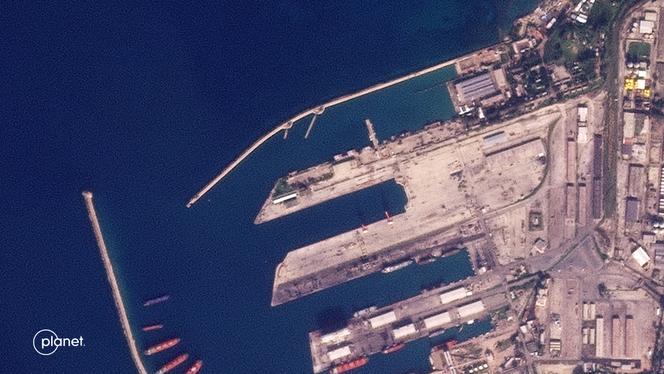


More frequent rotations of cargo planes between Russia and the Russian air base at Hmeimim, as well as columns of Russian army vehicles moving along the roads, suggest that a start is being made on evacuating Russian military installations in Syria, in the wake of the fall of Bashar al-Assad's regime. In the first week of December, the Russian naval grouping (six vessels and a submarine) also left its home port of Tartous on the Mediterranean coast, officially for exercises at sea.
According to the Istanbul-based think tank Jusoor, which is close to the opposition to Bashar al-Assad, the Russian armed forces had 21 military bases and 93 observation posts deployed in Syria by the summer of 2024. Three-quarters of these deployment points were in the government-controlled zone, and a further 24 were in the Kurdish-controlled north. On December 9, CNN Türk reported that Moscow had asked Ankara for help in evacuating its ground troops.
A certain amount of tension has been hovering around the Hmeimim and Tartous bases, as the Telegram channel Dva Maïora, which is close to the Russian army, reported late on Monday afternoon (December 9). "We have received information that militants from HTS [Hayat Tahrir al-Sham, the armed Islamist group behind the insurgency offensive] intend to test the defenses of our [Hmeimim] base. Light camouflage measures [lights out] have been taken and personnel have taken up positions." A later message from the same channel claimed that "if the information is confirmed, everything will go very wrong, but for now everyone is preparing to face the [HTS] scum."
Photographs posted on social media showed a column of HTS vehicles on the main road between Hmeimim and Latakia, an Alawite stronghold that came under HTS control on December 8.
After relentlessly bombing areas controlled by rebel forces against the Assad regime from 2015 until December 6, killing thousands of civilians, Moscow is changing tack and adopting a conciliatory stance.
On Sunday morning, the Russian Foreign Ministry had announced in a statement that the two military bases had been placed on maximum alert. Later that day, a Kremlin source told Russian news agencies that an agreement had been reached with the HTS to provide security for Russian military bases and diplomatic institutions in Syria. But for how long?
The reversal of the balance of power also led the Russian state media to change its tone regarding the new masters of Damascus. The Far Eastern version of a flagship Sunday evening program called the HTS "a terrorist group that was part of al-Qaida." Seven hours later (given the time difference), the same program, broadcast in Moscow, had been re-recorded, with the same presenter in the same pose, but speaking of "armed opposition."
You have 41.73% of this article left to read. The rest is for subscribers only.
